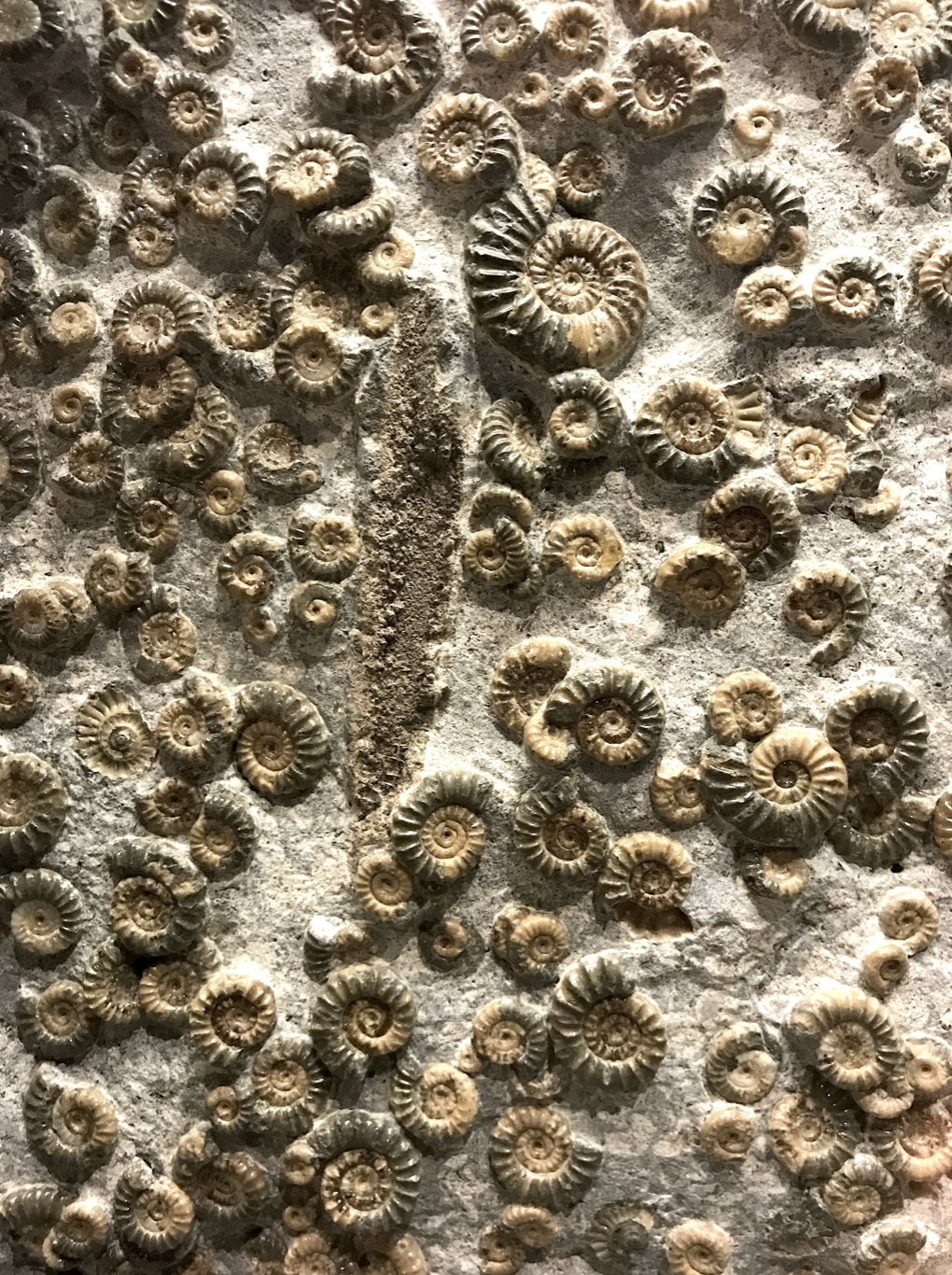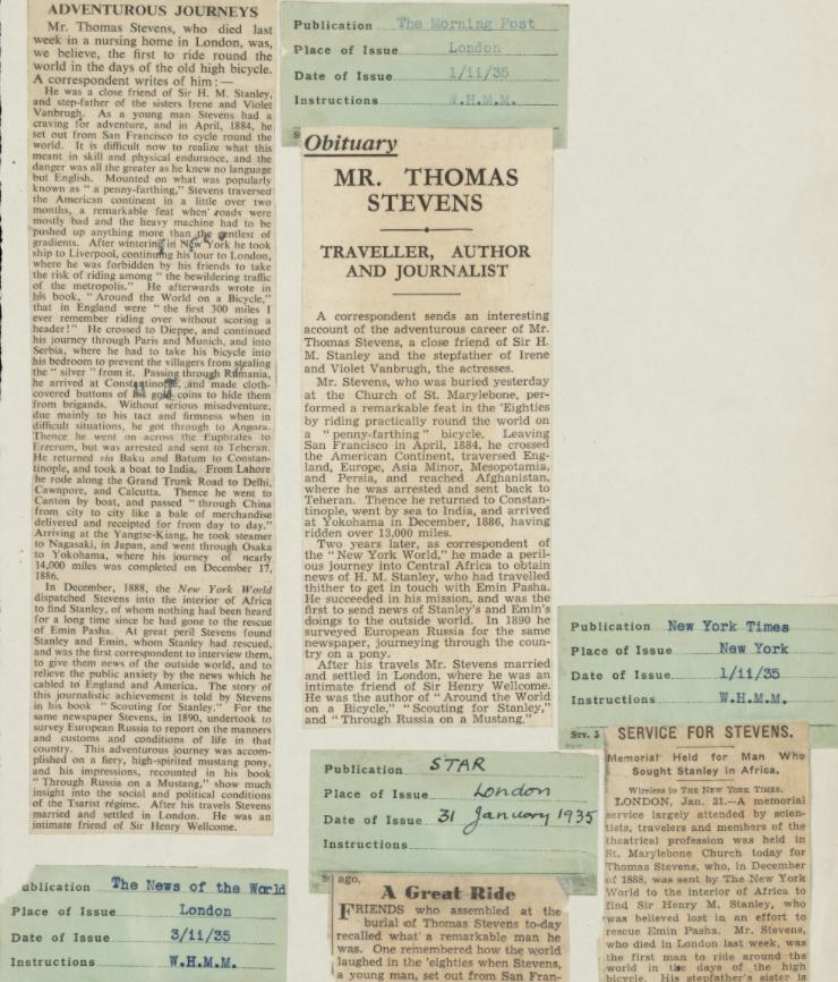In second grade, my older sister stole my diary. I found her in the kitchen reading an entry to my mom, and it felt like the deepest form of betrayal. It wasn’t that I had secrets worth keeping because there wasn’t much going on in my life besides constructing dinosaur models and attending to a (heart-stoppingly-beautiful) My Little Ponies collection. The problem was that I intended my diary to be for my eyes alone. I didn’t want my sister and my mom to have that sort of privileged access to my deepest, most personal thoughts.
I didn’t want them to know how much I cared for dinosaurs.
Privacy is important. This is ripe fruit. The government is reading our emails, and many people feel exposed. It isn’t necessarily that we have secrets worth keeping. We’re just reliving that time in the kitchen with our moms and sisters and our dinosaur diary betrayal. But these conversations are also happening in an entirely different context: popular neuroscience.
When I read David Brooks’ recent column, “Beyond the Brain,” and various responses to it, I was struck not by the recognition of the reductive nature of the sciences in general—and neuroscience in particular—but by the implications of these things. One is the invasion of privacy. Another is the truncation of the human person from a conscious, surprising, autonomous enigma capable of grasping beauty and participating in goodness, to a predictable, exposed network of causal circuits.
Privacy
A major touchstone in Brooks’ article is the mereological fallacy: The mind is not merely the brain. If my mind is merely my brain, then let’s get some fMRIs done and get to know one another. If you track my neural circuitry, I stand fully exposed because you can see my core. This is obviously a lot worse than email-tapping. Emails are sent with dignity, tact, and proper salutations. And emoticons. But your pure mind—unfunneled through email—is the deepest you there is. Sans neuroscientific insight, this self is hidden to everyone. What is shared is what you choose to release.
Furthermore, it goes without saying, but most of you cannot feasibly be transcribed into email form. Try it. Attempt to write an email about the “what it’s like” phenomenological qualia of your experience of a color. You can’t. Not all of the contents of your mind can be exported because language is limited. There are some thoughts you can never express. We have “tacit knowledge,” philosopher Michael Polanyi’s term for “knowing more than we can say.” Beyond that, Nietzsche offers, “We knowers are unknown to ourselves.” We cannot see ourselves as we are. Our motivations are hidden. Our hearts are deceptive. Our thoughts stem from responses to unconscious stimuli we never rationally encounter. It would be awkward if I couldn’t know myself but my fMRI technician could, and we had unilateral mental intimacy. That would be the most embarrassing doctor’s appointment in the world. Is that what is making us upset? Unilateral exposure? The government gets to read our emails, but we don’t get to read theirs.
Brooks addresses this. Have no fear! Your secrets are safe. There is no brain-tapping yet, or possibly ever. “It is probably impossible to look at a map of brain activity and predict or even understand the emotions, reactions, hopes and desires of the mind.” Here, he spends a great deal of time on neurological complexity.
Brooks surveys the literature and explains that brain states are not typically generated in isolated regions of the brain, and they differ over time and in different situations, like fatigue, nostalgia, or thirst. Also, diverse sets of activities occur in each region, so it is difficult to isolate specific patterns. It is worth noting that even with all of the complexity offered here, this is too tidy of an account because it treats the brain as if isolated from the rest of the human body and its being-in-the-world. There are also the spinal cord and the peripheral nervous system. In The Second Brain, Dr. Michael Gershon writes about the enteric nervous system, the neurons implanted in the lining of our digestive systems. That’s about one hundred million additional neurons to consider. We should count them. And what about shared consciousness, mirror neurons, coerced action, electrical interference, lesions, and group dynamics? What about what I ate today, how loved I feel, and whether or not I am effectively maintaining homeostasis? Truly, the mind is not merely the brain. The brain is not a closed system.
In “Beyond the Brain,” Brooks identifies and upends science without boundaries. He draws our attention to the dangers of neuroscience’s efforts to define all of human behavior. He indicts “nothing buttery,” the conversations that begin by saying, “The human being is nothing but…” Because if there is one thing we know of ourselves, it is that we are complex. Brooks ends by beckoning us forth to “harvest the exciting gains made by science and data while understanding the limits of science and data.”
Scientism
His article expertly introduces the problem of scientism—the attempt to universally apply empirical principles and methods to areas that extend beyond empirical boundaries. Smaller, more repeatable things have greater explanatory power. The scientific method guides all modes of inquiry. But scientism is not a problem unique to neuroscience. It is, as Brooks writes, an age-old problem of human progress. “[P]eople get caught up in the excitement of [a] breakthrough and try to use it to explain everything.” Yes, and it never works. Consider John Lennox’s illustration of Aunt Matilda’s cake:
Let us imagine that my Aunt Matilda had baked a beautiful cake and we take it along to be analyzed by a group of the world’s top scientists. I, as master of ceremonies, ask them for an explanation of the cake and they go to work. The nutrition scientists will tell us about the number of calories in the cake and its nutritional effect; the biochemists will inform us about the structure of the proteins, fats etc. in the cake; the chemists, about the elements involved and their bonding; the physicists will be able to analyze the cake in terms of fundamental particles; and the mathematicians will no doubt offer us a set of elegant equations to describe the behaviour of those particles. Now that these experts, each in terms of his or her scientific discipline have given us an exhaustive description of the cake, can we say that the cake is completely explained?
No, none of the scientists can answer the question of why the cake was made—its final cause. It is outside the proper boundaries of their disciplines. It is outside the boundaries of even of their combined disciplines. Yet scientism is insidious because science is excited and hopeful.
Scientism is the noble error of enthusiastic nerds. It is erroneous and haughty, but it is also bold and hopeful. Science is animated by an optimism that there is a closed set of information in our world, and we’re going to reach the end of it if we keep on trucking with our empirical tool belts. Scientism keeps on trucking. But scientism is also dangerous because of what it says about the world, and fails to say. Nowhere is this greater felt than when we turn the lens inward, upon ourselves, and attempt to craft a science of humanity with the same tools we use to explore everything else.
It seems the central issue of reductive neuroscience (scientism as evinced in neuroscience) is most illuminated in Brooks’ remark about the “effort to take the indeterminacy of life and reduce it to measurable, scientific categories.” It does not deeply offend us when the world outside of us—trees, mountains, and reptiles—are made measurable.
Yet when the same principles are applied inward, we are forced to reckon with a science of man that discounts the full persons we believe ourselves to be. We have transcendent, intangible qualities that cannot be fully captured—like consciousness, free will, and an ability to depart from the dictates of a material/self-proliferating nature—and that means something big for humans. To apply Frans deWaal’s language, non-human animals participate in “moral precursors,” such as kinship altruism or scaled empathy for group fitness. Humans, however, are set apart in some fundamental way, through language and an ability to rationally superintend appetites and physical natures. There is a transcendent space for belief, religion, and morality. We have ideas and emotional lives, and we are different. We surprise ourselves. I didn’t know I was going to write that.
There are merits to the science of the human—finding that we are affixed to a past, grounding us here on earth in a way that makes us an empathetic part of the world we live in. Science teaches us how to treat our bodies better and offers medicine to heal. It gives us the delight of getting to know ourselves on the level of observation of Aunt Matilda’s cake.
The most interesting thing about Brooks’ article is how much we care. There are no botany rallies and mycology debates in the media, but we are worried about neuroscience. This is because science applied to humanity, specifically to the human mind, somehow leaves us feeling unsettled and unduly exposed. And this means one of two things: Either the human is a higher being, different from the other creatures we readily explore with reductive tools. Or the fact that we are sensitive to science when applied inward, indicates that we should adjust the tools we use when looking outside of ourselves because it is equally possible that we are reducing reality as it stands apart from us.
In any case, neuroscience is an exciting new frontier that can offer rich insights into the human person, even though it cannot teach us everything. It should be encouraged with tempered enthusiasm and a respect for its boundaries. And we can rest assured that it has not yet advanced to the point when it can detect our deepest thoughts, predict our every action, or whether or not we love dinosaurs.




